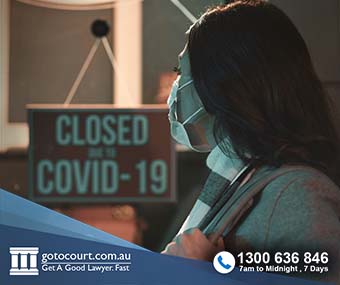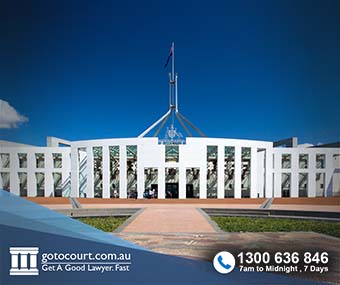Call our lawyers
now
or,
have our lawyers
call you
Digital Wills for the Digital Era?
Updated on Dec 27, 2018 • 4 min read • 1383 views • Copy Link
Digital Wills for the Digital Era?
As more and more information is stored digitally, a number of cases have come before the courts where a party has argued that a digital document has a testamentary intention and should be treated as a digital will. Traditionally, a will is required to have been executed in accordance with the formalities provided for in legislation. However, in some jurisdictions, courts may dispense with these requirements if satisfied that the deceased intended a document that is not signed or witnessed to serve as a will. In recent years, Australian courts have considered whether a computer document, an unsent text message and a DVD amounted to digital wills. These cases highlight changing social practices with respect to recording one’s testamentary intentions. However they also show the problems that can arise when a will is made that has uncertain status.
Re Nichol; Nichol v Nichol 2017
This Queensland Supreme Court decision concerned whether an unsent text message found on the deceased’s mobile phone should be treated as a will and admitted to probate, with the formal requirement being dispensed with. The deceased in the matter had committed suicide and the phone had been found with an unsent text message in it. The message read:
“Dave Nic you and Jack keep all that I have house and superannuation, put my ashes in the back garden with Trish Julie will take her stuff only she’s ok gone back to her ex AGAIN I’m beaten. A bit of cash behind TV and a bit in the bank Cash card pin 3636
MRN190162Q
10/10/2016
My will”
The message was addressed to the deceased’s brother and the abbreviation below the message referred to the deceased’s initials and date of birth.
The deceased’s wife argued that the court could not be satisfied that the text message was intended to operate as a will or that the deceased had testamentary capacity at the time he wrote it. She relied on the fact that the message was not sent to support her case, suggesting this was evidence he had not made up his mind, together with the fact that he had not made a will, despite an earlier suicide attempt. The deceased’s brother and nephew argued that the message contained the words ‘my will’ and other details suggesting it was designed to operate as a will. They argued the message was left unsent with the intention that it be found after he killed himself.
The court found that the text message was a document that stated the testamentary intentions of the deceased and that he intended it to operate as a will.
The Estate of Roger Christopher Currie 2015
This New South Wales Supreme Court decision concerned a document found on the deceased’s computer after he died. The document had last been accessed just before the deceased’s risky heart surgery. The document used the language of a will and ended with the deceased’s full name and the date, however, it was not properly executed. The court found that the deceased intended the document to be his will and admitted it to probate.
Re Estate of Wai Fun Chair, deceased 2015
This New South Wales Supreme Court decision concerned a DVD recording of the deceased giving instructions as to his testamentary intentions. The DVD altered the deceased’s previously executed will and was filmed with the assistance of one of her children.
The court found that the DVD was a document and admitted it to probate. However, Lindsay J warned that:
‘…the nature of the informality attending an oral statement of testamentary intentions might, in practice, present an impediment to the Court being satisfied that the requirements of the section have been met…the transaction costs of satisfying the Court that those requirements have been met may be an unnecessary burden on the …estate: and the informality of expression that commonly characterises an oral statement may be productive of uncertainty as to the terms, or proper construction, of a video will, with a consequential, heightened risk of litigation…’
Dangers of digital wills
The above cases show that whilst digital recordings of a deceased’s testamentary intentions may sometimes be treated as a will and allowed into probate, such digital wills can also result in slow and expensive litigation. A written will that is properly executed can avoid the uncertainty and delays that can result from digital wills with uncertain status.
If you require legal advice or assistance with a wills and estates matter or with any other legal matter, please contact Go To Court Lawyers.

Affordable Lawyers
Our Go To Court Lawyers will assist you in all areas of law. We specialise in providing legal advice urgently – at the time when you need it most. If you need a lawyer right now, today, we can help you – no matter where you are in Australia.How It Works











1. You speak directly to a lawyer
When you call the Go To Court Legal Hotline, you will be connected directly to a lawyer, every time.


2. Get your legal situation assessed
We determine the best way forward in your legal matter, free of charge. If you want to go ahead and book a face-to-face appointment, we will connect you with a specialist in your local area.


3. We arrange everything as needed
If you want to go ahead and book a fact-to-face appointment, we will connect you with a specialist in your local area no matter where you are and even at very short notice.












